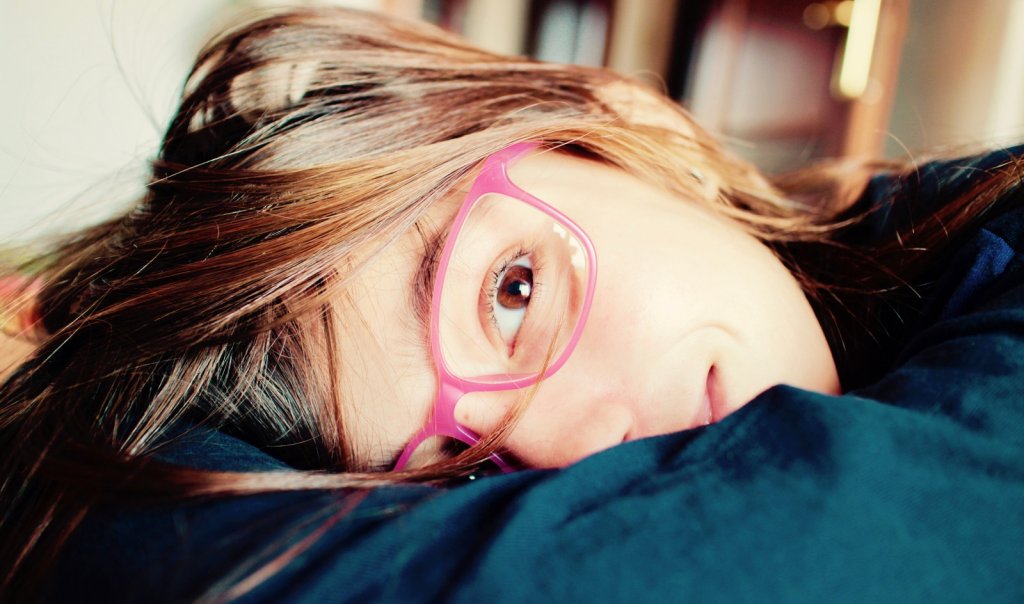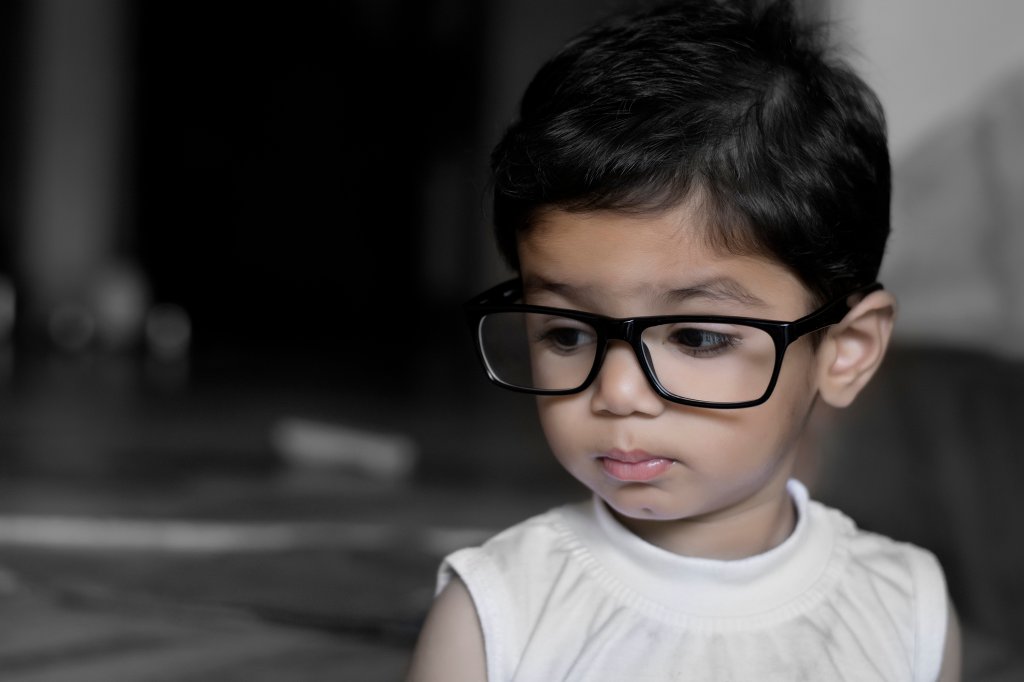
Searching

If your child is 3-12 years old and nearsighted, he/she may qualify for the CHAPERONE Clinical Study. The study is testing two different strengths of microdosed atropine eye solution for slowing progression of myopia in children. Atropine eye drops are currently approved by FDA in the US to treat Lazy Eye, however, this medication is considered investigational in the CHAPERONE Study because it has not been specifically approved for reduction of myopia progression.
If your child qualifies for the CHAPERONE Study, he/she will receive all study-related care and medication free of charge. The study medication is delivered as a gentle mist that is sprayed into each eye using a special dispenser. Each mist delivers about 1/4 the volume of an eye drop. Participants in the CHAPERONE Study must use the study medication in both eyes every night, about one hour before bedtime. The study lasts 4 years and involves a total of 11 visits to your study doctor's office over this time period. These visits allow the doctor and staff to closely monitor your child's myopia condition and eye health, and discuss your overall experiences. You will also be reimbursed for your time and travel to attend these visits.

Envision a world where progressive nearsightedness is a thing of the past.
Is your child nearsighted?
Nearsightedness or myopia, is a condition that results in blurry vision when looking at distant objects. Myopia happens when the eyeball grows too long or the cornea (the clear front cover of the eye) is too curved. As a result, light entering the eye is not focused correclty. While glasses and contact lenses canhelp a perosn with myopia see clearly, they do not address the underlying stretching of the eye.
Myopia is usually detected in young children and tends to increase through the school years. As myopia progresses, it can increase the risk of retinal detachment, cataracts and maculopathy. FDA has not approved any therapies for reducing myopia progression. This is why researchers are working to develop new medications and technologies that may help slow the progression of myopia in children and adolescents.

Take the next step
Initial Eligibility Criteria:
- Age 3-12
- Glasses /Contact Lens prescription of -1.00 to -6.00 diopters
- Able and willing to use a medication administered as a spray mist to each eye before bed for 4 years
- No previous use of other myopia drug therapies (atropine, pirenzepene, or other topical antimuscarinic drugs)
- Able to attend periodic follow up visits at the study doctor's office to evaluate your child's myopia and overall eye health (11 visits over 4 years)
This site is protected by reCAPTCHA and the Google Privacy Policy and Terms of Service apply.
